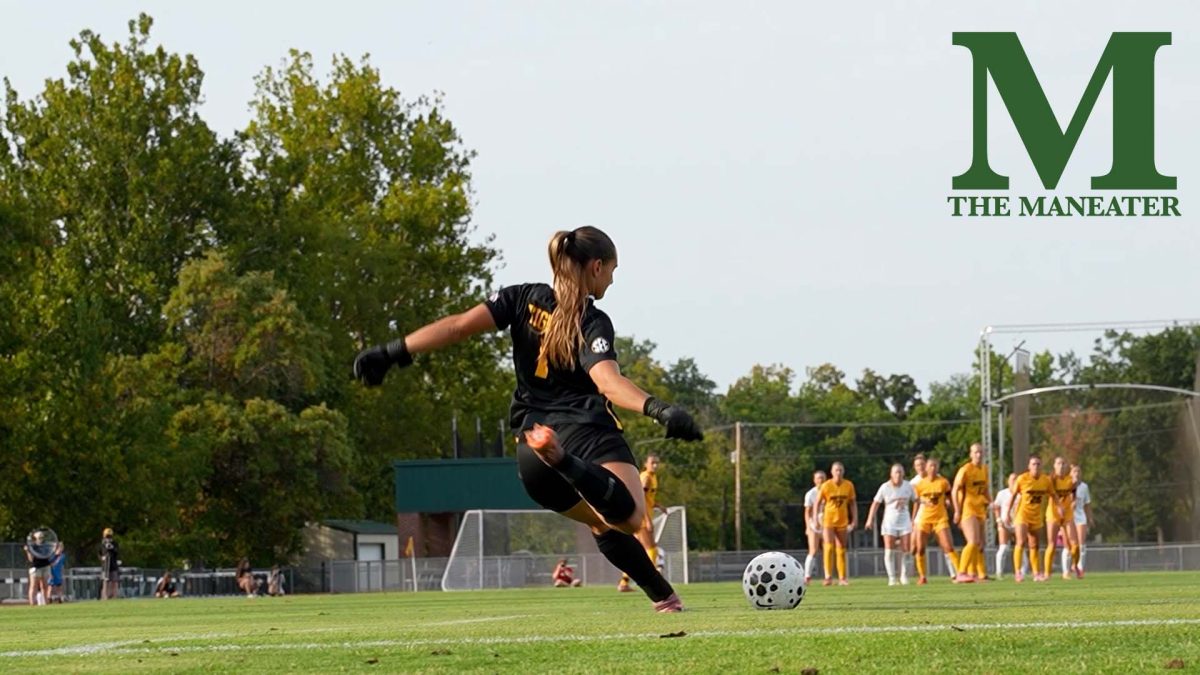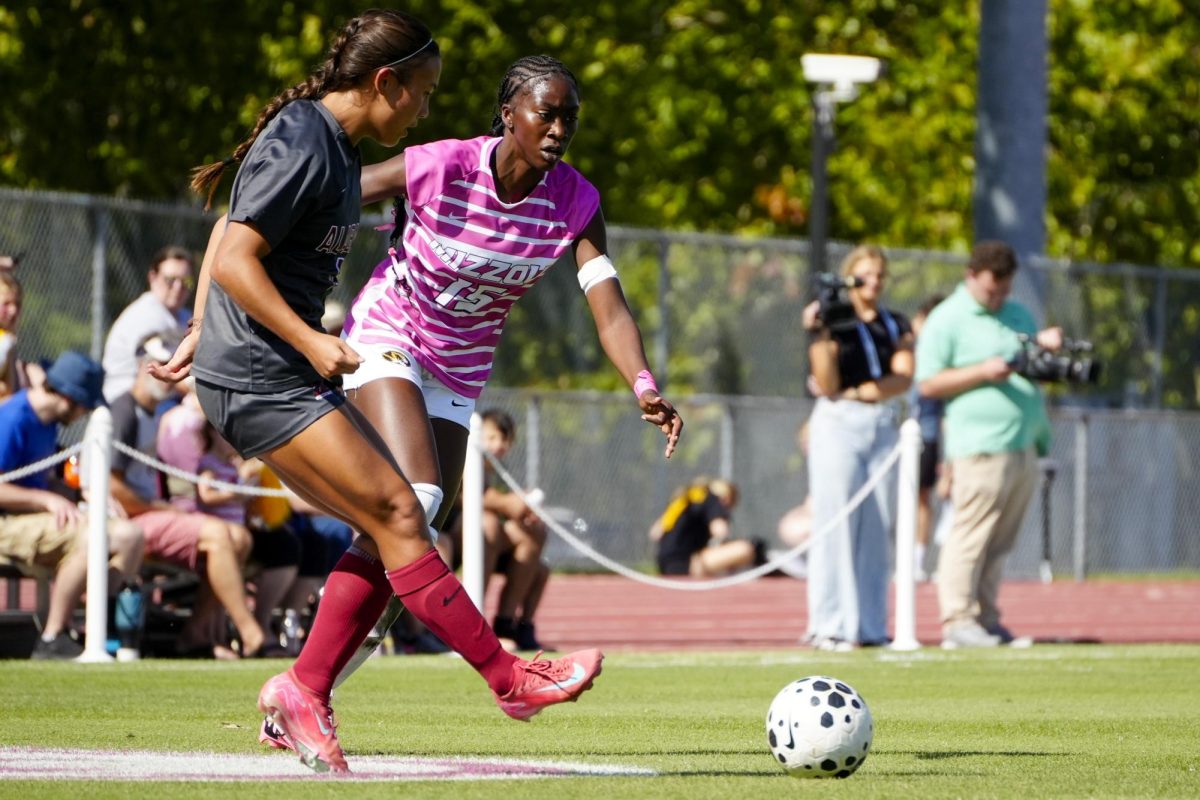Most people don’t have to think about sleep. When they’re tired, they just do it.
For student-athletes, however, sleep is a luxury. It is also a paradox. Between working out nine times per week, going to class, doing homework and trying to have a social life on occasion, it’s tough to make time for sleep.
Not getting enough sleep makes recovering from a hard week of workouts even more difficult, and the fatigue multiplies. Sleep becomes a carefully scheduled activity, like a workout or a tutoring session.
This is especially true for swimmers. On Monday, Wednesday and Friday mornings, we practice at 6 a.m., which means a 5:35 a.m. wake-up for me. On Saturdays, practice starts at 7 a.m. Sundays are our only off days, leaving Saturday night as our only chance to stay up late if we so choose.
So, to get the recommended eight hours of sleep on nights before morning practices, I would have to be in bed by 9:30 p.m. For a college student, that is nearly impossible.
This puts student-athletes in a bit of a quandary. Inadequate sleep hurts us both academically and athletically, yet it is hard to justify skipping practice or not doing a homework assignment because we’re simply too tired.
A vital part of getting enough sleep is time management. Pulling an “all-nighter” to study for an exam is out of the question. That takes multiple nights of 10 hours of sleep to recover from, and when you play a sport, there is not enough time for that. On top of that, your chances of getting sick increase exponentially, which could result in a longer setback.
In addition to time management, another invaluable skill that must be learned by student-athletes is the ability to power nap. That may not sound like much of a skill, but getting the most out of a 30-minute window is an art.
For instance, on Wednesdays and Fridays I finish my last class an hour before afternoon practice begins. That does not leave me enough time to go home and nap, so I usually go to our locker room, put a yoga mat on the wooden bench, and try to squeeze in a little sleep before everyone else starts arriving for practice. The bench is uncomfortable and the window of time isn’t long, but there is always a notable difference in my energy level from days when I don’t get to nap.
Napping in a bed is obviously ideal, but it’s not always possible. Other creative places my teammates and I have caught a few winks include the quiet-study room in the Missouri Athletic Training Complex — very comfortable chairs — and a secluded chair or desk in Ellis Library.
Napping was easier as a freshman when I lived on campus, but there is also a major sleep-related downside to living in the residence halls. On nights when you have the alarm set for a depressingly early wake-up time, it almost never fails that someone stomps down the hall at two in the morning and wakes you up. This is especially true on Thursday and Friday nights, when many other students go to parties until the wee hours of the morning. There are few things more frustrating than knowing you need a good night’s sleep and being kept awake by people who will sleep until noon the next day.
They, like many people, take sleep for granted. But for student-athletes, sleep is integral to our success.
An extra half-hour of sleep here and there can make a significant difference in our athletic performance. It sounds counterintuitive, but for us, getting enough sleep requires a conscious effort.







